Nigerians who hoped that the nationwide broadcast by the President, Major General Muhammadu Buhari (retd.), would put an end to the crisis and sufferings engendered by the naira redesign had their hopes dashed on Thursday.
Contrary to these expectations, Buhari’s national broadcast failed to offer any concrete solution to the severe cash shortage, or the pains and sufferings of Nigerians.
Senior lawyers who reviewed the President’s speech and its implications for the recent Supreme Court judgment on the matter also expressed consternation with some arguing that the President’s actions violated the order of the highest court in the land.
The President’s directive came barely 24 hours after the Supreme Court affirmed that its February 8 order restraining the Federal Government and its agencies from enforcing the February 10 deadline for the use of old N200, N500 and N1000 naira notes still subsisted.
The court had, in its ruling, granted the prayer of the plaintiffs- Kaduna, Kogi and Zamfara states barring the FG from implementing its demonetisation policy and ending the cash-swap policy on February 10, pending the hearing and determination of the plaintiffs/applicants’ motion on notice for interlocutory injunction.
However, expressing disappointment, several senior advocates said Buhari’s speech violated the country’s law.
The President cannot by executive fiat override, an order of the Supreme Court.
That is the doctrine of separation of powers. You can use executive fiat to subvert the order made by the Supreme Court, the highest court in the land.’’
Also, Ebun-Olu Adegboruwa, SAN, in a statement on Thursday described the President’s broadcast as executive rascality.
“The president and indeed the executive should not give the impression that citizens can brazenly disregard lawful orders of any court, as that will only encourage anarchy and lawlessness.
“It amounts to executive rascality and brazen disregard and contempt of the Supreme Court, for the President to separate the denomination of the old notes for legality.’’
On his part, Femi Falana, said the President’s decision was not enough to end the crisis.
“The problem is that the corrupt elite think that increased suffering and deaths of the common people are a price worth paying if they defeat their opponents. Hungry people can no longer buy food and so they are in more danger of dying from common diseases,’’ Falana stated.
Berating the President, Victor Opara SAN, stated, “If we allow this to go, it will mean a precedent of the gazette. It will mean the court will make a decision and the executive will torpedo it.
He warned that Buhari’s decision would scare foreign investors from the country.
“The FDIs will come when they believe that there is a good dispute mechanism. The President’s statement is null, void, and ineffective. In fact, the parties should go to court and ventilate it, “ he added.
Suffering continues
More Nigerians became stranded on Thursday as scarcity of new naira notes worsened amid a Central Bank of Nigeria directing stopping commercial banks from accepting old notes deposits from their customers.
The severe shortage of new notes amid the CBN order stopping the use of old note forced cash-strapped Nigerians to patronise Point of Sale operators and currency hawkers who made brisk business out of the unfortunate situation.
Findings showed that currency hawkers and PoS operators were charging as much as N5,000 to sell N10,000 to stranded Nigerians seeking cash to buy basic needs.
several banks in Lagos, Abuja and other parts of the country, also observed how stranded bank customers sat helplessly in ATM galleries and waiting endlessly for bank officials to load their ATMs.
While several bank branches remained shut following the Wednesday protests in some states, many of the few centres that opened did not load their ATMs. Several frustrated Nigerians at ATM galleries lamented how life had become unbearable due to lack of cash to buy basic foods items and needs.
“This is frustrating. I was forced to give garri as breakfast to my five-year-old little daughter before she went to school. We had not food at home. I came here this morning, hoping to withdraw cash but the bank refused to open,” a disappointed man told one of our correspondent at a United Bank for Africa ATM gallery in Redemption Camp, Ogun State.
Customers at ATM galleries in Ikeja, Lagos Island lamented how buying basic food items had become difficult due to lack of cash.
UBA, Guaranty Trust Bank and First Bank of Nigeria branches in Area 3, Abuja, it was observed that officials had yet to begin payment of the new notes over the counter.
Further checks at several other bank branches in the federal capital city showed that many Nigerians had become stranded.
Officials at GTBank, Gudu branch told customers the branch would begin the implementation of the new order to disburse N200 notes on Monday.
Samuel Fisayo, a teacher, said, “Since yesterday, I have not got any money. The bank officials said there is no cash. They assured us that the old N200 notes will be in circulation by Monday. They said their manager went to CBN today to collect the notes and would start distribution on Monday.”
A number of petty traders in Ilorin, Kwara State lamented how the cash shortage had led to low patronage and sales, making life difficult for them.
Another trader, Aina Muhammed, said she recorded little sales because she has a bank account.
There are strong indications that Lagos, Zamfara and Rivers states are on a collision course with the Federal Government and the Central Bank of Nigeria over the validity of old naira notes.
While the Lagos and Zamfara state governments on Thursday insisted that the old N500 and N1,000 notes remained legal tender in their respective jurisdictions, the Rivers State Government faulted the
President, Major General Muhammadu Buhari (retd.), who announced in a national broadcast on Thursday that the old N500 and N1,000 notes had ceased to be legal tender and should be returned to the CBN.
He spoke barely 24 hours after Supreme Court ruling on the currency matter.
During proceedings on Wednesday, the counsel to the plaintiffs, Abdulhakeem Mustapha, SAN, complained that the Federal Government and its agencies failed to comply with the order and have allegedly directed the rejection of the old notes.
Mustapha disclosed that the plaintiffs had filed a notice of non-compliance with the order of the court made on February 8 and demanded that the apex court take action against the respondent to protect the dignity of the court.
The Supreme Court fixed February 22 for the hearing of the suit after joining the Attorneys General of Katsina, Lagos, Cross River, Ondo, Ogun, Ekiti and Sokoto states as co-plaintiffs.
The court also joined the attorneys-general of Edo and Bayelsa states as co-respondents. Both states elected to side with the Attorney-General of the Federation originally listed as the sole respondent.
The panel ordered that the suits, filed separately by Nasarawa, Rivers and Kano states on the same issue, are consolidated with the one filed by Kaduna, Kogi and Zamfara states.
It also ordered the parties to file all necessary documents before the hearing set for Wednesday.
But reacting to the Thursday directive from the President, the Lagos State AG, Moyosore Onigbanjo, SAN, in an interview with the TVC asserted that the interim order of the Supreme Court on the validity of the old notes still stand.
He argued that the President, even with all his enormous powers, could not overrule the order made by the Supreme Court.
Onigbanjo said, ‘I believe Mr President has enormous powers enshrined in the Constitution of the Federal Republic of Nigeria. There is no doubt about that. He has the power to appeal the decisions of any court in the country but, as far as I am concerned, as a lawyer and the Attorney-General of Lagos State, the interim order of the Supreme Court on the validity of the old N200, N500, and 1000 still stands.
“This is simply because, Mr President, even with all his enormous powers, cannot overrule the order made by the Supreme Court. So, my advice and the position of the law is the order of the Supreme Court.’’
Asked if Buhari’s directive was contemptuous of the judicial order, the senior advocate noted, ‘’Well, it is indeed a fact that Mr President has constitutional immunity from some legal process related to that office by the constitution but mainly the issue of any contempt against him is dead in the water. This is solely because of the immunity granted to him.
“But, for any other person, who directly or indirectly violates an order of any court, more so, the Supreme Court, is liable for contempt of court. Yes, contempt procedures can be initiated against them but they are already in contempt. The banks, for example, who refused to collect the old N1000, N500 and N200 notes will actually be in contempt of that court order.’’
The AG also warned that any organisation that refused to accept the old notes in exchange for goods and services could also be cited for contempt of the court order.
The justice commissioner further insisted that the directive issued by the Lagos State Governor Babajide Sanwo-Olu, despite the broadcast of the President still stands because it is in accord with the position of the law.
On Tuesday, the governor warned residents against rejecting the old naira notes.
Responding, the AG stated, ‘’Of course, yes. The advisory issued by Mr Babajide Sanwo-Olu still stands because it is in total accord with the position of the law as we speak this minute,’’ he stated.
He called on Lagosians to report any organisations that turned down the old N500 and N1000 notes, affirming that they were still legal tender in Lagos State.
He said, ‘’The message is that Lagosians should report any organisations, institutions, or persons refusing to collect the old N500 and N1000 notes. This is because, in accordance with the order of the Supreme Court, those notes are still legal tender.
‘’Yesterday (Wednesday) evening, when I got back from Abuja, at the toll gate at the airport, I wanted to pay and I gave them the old N1000 notes, and one of the operators said, sorry, we only accept new notes.”
“I told him that I was sorry and there was nothing I could do because I didn’t have any new notes. After a few minutes, they let me through without paying.’’
The AG further advised Lagos residents to take their banks to court if the financial institution failed to provide cash on demand.
He added, ‘’The interesting thing about that scenario is that there is a binding contract between a bank and its customers, and that a contract is simply that, on demand, the bank will give one a certain amount already available in that account.
“So, any bank that refuses to give credit to any customer who asks for it has flouted a bit of that contract. That customer has the right to go to court to seek redress. I will advise any citizen of Lagos State that, if they go to their banks and legitimately demand their funds and the bank is giving excuses, they can take them to court and sue for damages.
‘’Whatever injuries they caused you by their inability to give you access to the funds you have with them should be stated in the suit. They should go to court and press for full damages.
“It is all about rule of law. We are following what the Supreme Court has said. And the Supreme Court has said everybody should come on the 22nd, so we are all waiting.
“We heard what the President has said but our position has not changed because the matter is in court.”
Also, the state Ministry of Information, in a statement on Thursday evening stated that the state Attorney-general, on the TVC Business Show, said petrol stations, banks and others who reject the old notes could be prosecuted.
He said the rejection of the old notes was contrary to the Supreme Court’s stand.
“We will continue to use old notes of N500 and N1000 respectively until after the case. What President Muhammadu Buhari did is a contempt of court and we will not abide by it,’’ the AG vowed.
Also, the Rivers State Governor Nyesom Wike described the President’s directive to the CBN to reintroduce the old N200 note as an affront to the Supreme Court.
He expressed dismay that the President who ideally should epitomise the rule of law, had regrettably taken deliberate steps to undermine the integrity of the Supreme Court, whose interim injunction on the naira swap matter is still subsisting.
“As far as I am concerned, this is a complete interference, which is not good for our democracy,” Wike stated.
The governor in an interview with journalists in Port Harcourt Thursday said it was hypocritical for the FG to propose an out-of-court settlement with aggrieved states, while at the same time undermining the outcome of the pending suit at the Supreme Court.
He insisted that the interim order issued by the Supreme Court was still subsisting and must be respected by the FG.
“Until that is done, there is nothing anybody can do about it. The issue of N200 in circulation is neither here nor there. If they had pulled out of court then the President could come in. Having not pulled out of court and the interim order still subsisting, we should obey it to the letter,” Wike said in a statement issued by his media aide, Kelvin Ebiri.
Ondo faults Buhari
Similarly, the Ondo State Government declared that the case at the Supreme Court would not be affected by Buhari’s order on the old notes.
Speaking with our correspondent on the development, the state Attorney-General and Commissioner for Justice, Mr Charles Titiloye, argued, “What he ( Buhari) has said is of no effect concerning the case we have in court. The case we are having in court is in two parts.
‘’One, he cannot put any deadline on the collection of old notes; he is still insisting on the deadline of April. The law says they must continue to accept the old notes until it goes out of circulation. All these deadlines cannot work.
“Two, the time within which he requested that the N500 and N1000 should not be legal tender falls short of the provision of the law. The law states that they must give reasonable notice and there’s no reasonable notice because, at the time they recall it, they didn’t even have enough new N500 and N1000 notes for circulation for the people to use.
“So, it falls short of the law; even as of now, they have not obeyed the law. Apart from that, the limit of withdrawal per day, they have not corrected it, so they have not addressed the case we have in court.’’
Titiloye said the President’s broadcast would help the states’ suit at the apex court as the issue of jurisdiction had been taken care of with Buhari’s admission during his broadcast that he gave the order for the naira redesign policy which the CBN was implementing.
On whether the state would continue to regard the old notes as legal tender, Titiloye said the state had not yet decided on that.
Similarly, the Kaduna State Attorney General and Commissioner of Justice for the Ministry of Justice, Aisha Dikko, told The PUNCH that the state has not changed its position.
She said, “This case is in court. We have already served our papers. And we haven’t changed from that position.’’
The state Governor, Nasir El-Rufai, had in a statement on Wednesday said he and some other governors rejected a settlement term by the Federal Government officials, who wanted to re-circulate old N200 notes and withdraw N500 and N1000 notes.
In his early morning broadcast, the President, while sympathising with Nigerians over the hardship occasioned by the scarcity of new naira notes nationwide, defended the central bank’s policy, saying it was necessary to curb illicit financial flows, ransom taking and electoral malpractice, amongst others.
Describing the aftermath of the policy as “unintended,” Buhari said, “To further ease the supply pressures, particularly to our citizens, I have given approval to the CBN that the old N200 bank notes be released back into circulation and that it should also be allowed to circulate as legal tender with the new N200, N500, and N1000 banknotes for 60 days from February 10, 2023, to April 10, 2023, when the old N200 notes cease to be legal tender.
“In line with section 20(3) of the CBN Act 2007, all existing old N1000 and N500 notes remain redeemable at the CBN and designated points.
“Considering the health of our economy and the legacy we must bequeath to the next administration and future generations of Nigerians, I admonish every citizen to strive harder to make their deposits by taking advantage of the platforms and windows being provided by the CBN.”
He also assured citizens that strengthening Nigeria’s economy, enhancing security and blocking leakages associated with illicit financial flows remain the top priority of his regime.
Justifying the policy, the President argued that the proportion of currency outside banks grew from 78 per cent in 2015 to 85 per cent in 2022.
He noted that such a volume of monies outside the banks had distorted the financial policy and efficient management of inflation.
He also explained that the massive volume of banknotes outside the banking system has been practically unavailable for economic activities and, by implication, retarded economic growth.
The redesign policy, according to him, was necessary to reduce the money supply leading to lower inflation, the collapse of illegal economic activities, exchange rate stability and greater visibility and transparency of local financial actions.
Buhari said in the meantime, he had directed the CBN to intensify collaboration with anti-corruption agencies to ensure that any institution or person(s) found impeding or sabotaging the new naira policy implementation “be made to bear the full weight of the law.”
He said the new naira policy had minimised the influence of money in politics.
“This is a positive departure from the past and represents a bold legacy step by this administration, towards laying a strong foundation for free and fair elections,” Buhari claimed.
The President later met with the members of the House of Representatives Ad hoc Committee investigating the new currency policy at the State House, including the CBN Governor, Godwin Emefiele and the Inspector-General of Police, Usman Baba and others.
However, he noted that it would be impossible to pump back more than N3tn as that would undermine the economy’s health.
The CBN chief said he had deployed senior officers, complemented by “super agents,” to take new currencies to unbanked rural populations.
He also revealed that he had met 15 top banks earlier in the day as part of efforts to resolve the prevailing challenges and would continue deliberations on Thursday evening, saying, “we are at the end of the problem.”
“The President has given his directives; I have met with about 15 banks this morning and given them directives on how they should make the old N200 notes available,’’ he disclosed.
The Chairperson of the House of Representatives Ad hoc Committee, Alhassan Doguwa, expressed doubts about the full implementation of the President’s directive on the validity of the N200 note.
He said, “Now that the President has issued the directive, how do we ensure that the directive is being carried out on the ground? This is what we came to iron out today. No matter how professional apolicy is, it is counterproductive if it induces suffering in Nigerians.”
According to Doguwa, the committee will take preemptive action where necessary, if it finds loopholes in the implementation of the President’s directive.
The lawmaker who did not mention the specifics of the committee’s possible actions said it hoped the new directive would not be hindered by banks.
He lamented that the ensuing current cash crunch is affecting public officers elected on the platform of the All Progressives Congress who are short of cash to run the logistics for their campaigns.
In a related development, the Jigawa State government has asked the Supreme Court to determine whether the implementation of the CBN naira redesign policy and cash withdrawal limit can in the spirit of federalism be made without presenting the policies for deliberations before the Federal Executive Council and National Economic Council.
The Public Relations Officer of the state Ministry of Justice, Zainab Santali, in a statement said the Jigawa AG, Dr Musa Aliyu, had filed a suit at the Supreme Court on behalf of the state.
She explained that the state government wants the Supreme Court to determine whether the demonetization policy was in line with sections 4 and 36 (12) of the Constitution, as amended.
Gbajabiamila criticizes President
Speaking in a similar tone, the Speaker of the House of Representatives, Femi Gbajabiamila, criticised the presidential declaration on the old note.
Gbajabiamila, while commending the President for his intervention stated that the Supreme Court had ruled that the old N1,000, N500 and N200 notes remain legal tender.
“It is not to the benefit of our country for the Federal Government to act in ways that suggest a wanton disregard for the rule of law,” he stated.
The speaker in a statement on Thursday, he personally signed, said Emefiele had failed to publicly admit the error in the monetary policy of the apex bank.
In their respective comments, the National Association of Nigerian Students and the National Association of Ogun State Students contended that further restrictions on the old N500 and N1,000 notes may further aggravate tension across the country.
The two bodies also knocked the President for failing to sack the CBN governor over the naira redesign policy, which according to them had brought untold hardship to Nigerians.
Lawyers react
On his part, a lawyer and human rights activist, Professor Chidi Odinkalu, says the Presidency has not disobeyed the Supreme Court order, which stated that the old N200, N500 and N1000 notes are still legal tender.
But speaking during an interview on Thursday evening, on The Verdict 2023, a programme aired on Channels Television, Odinkalu said neither the president nor the CBN governor had disobeyed the orders of the court, adding that the authority of the country’s currency outweighed the matter.
“The Supreme court to the best of my knowledge, has not said what people are meaning presenting it as having said. Because that is not a policy of the court, it’s a misplacement of the capabilities and assets of a court for it to get to that kind of thing. I suspect what the Supreme Court has said is preserve, the status quo ante until we hear the case, status quo antebellum, which is what the thing was before the onset of litigation.
Now, the question then becomes, what was the status quo antebellum that you are trying to preserve? And this is where the laziness of the judicial system as well as the limitations of law actually come to full view, because status quo antebellum actually, was the Central Bank circular on exactly when this thing should stop. So actually, to that extent, and I suspect this is the advise the President got, he has not breached anything”.
The former chairman of Nigeria’s Human Rights Commission, also explained that by the same logic, the President had not gone against the law by stating that the old N200 be recirculated into the system, adding that a currency system “cannot not be legislated or brought into existence by a court”.
Meanwhile, the Peoples Democratic Party, Alhaji Atiku Abubakar, noted that the Federal Government’s poorly implemented naira redesign was one of ruling party’s failures.
Atiku said, “Recently, millions of Nigerians have fallen into intense anger due to a move by the Central Bank of Nigeria to hoard new bank notes. As a result, uproar ensued at some bank branches and some bankers have had to contend with confrontation from enraged youths in desperation to get the new naira notes. It’s easy for political expediency for the APC that has brought us to this cul-de-sac to want to hoodwink Nigerians into believing that the crisis was created by others.’’


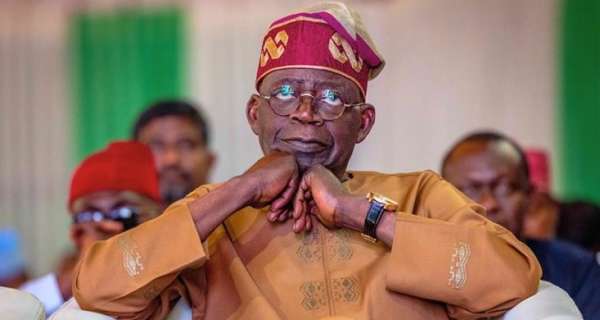


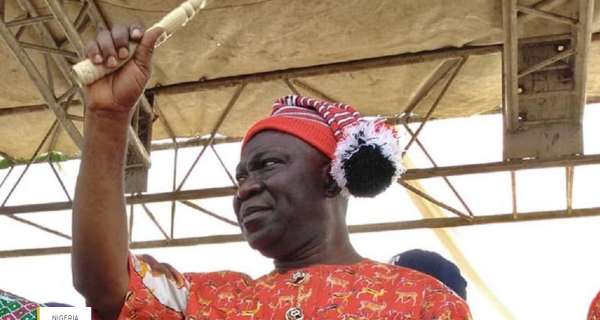


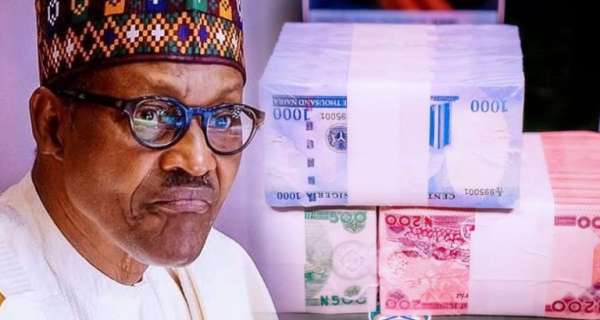

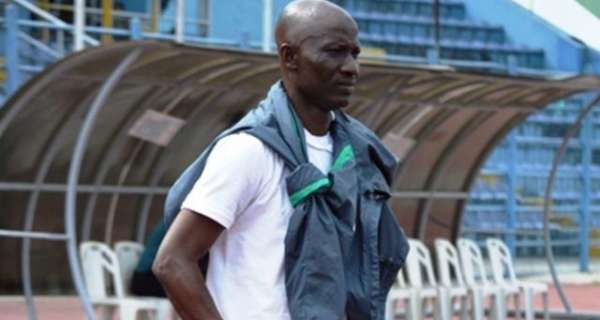


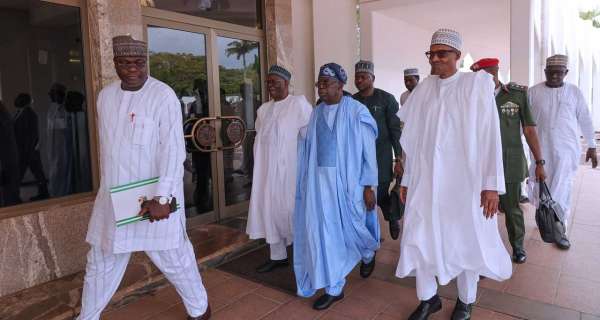
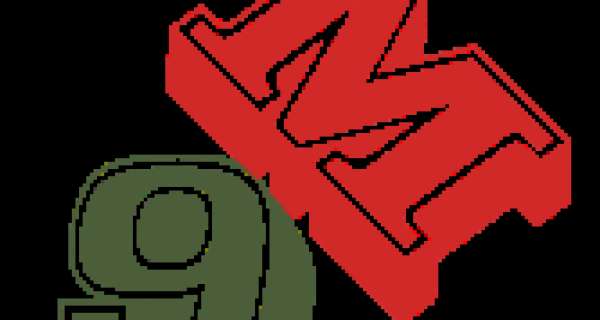


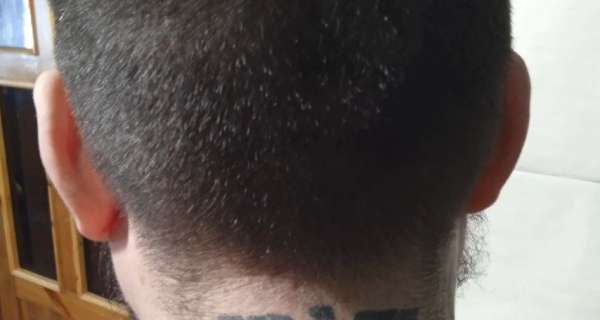

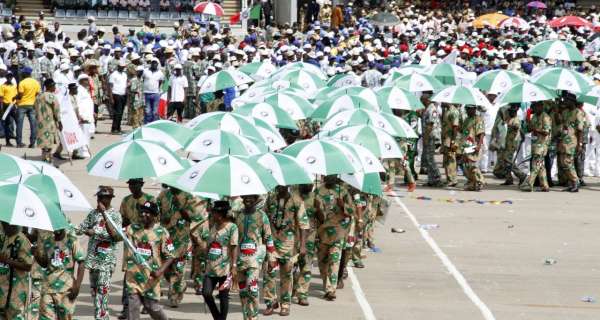
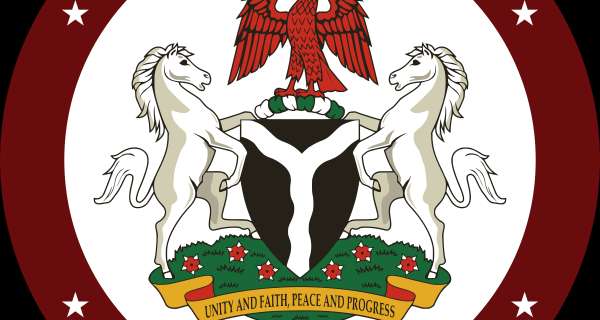

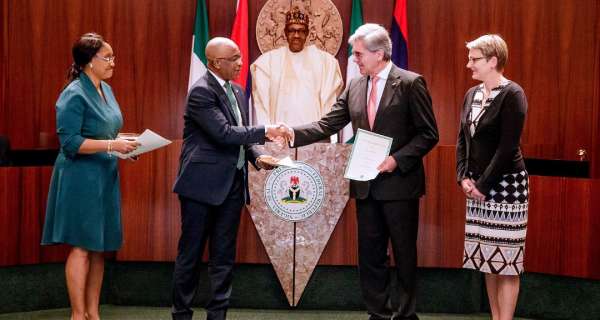
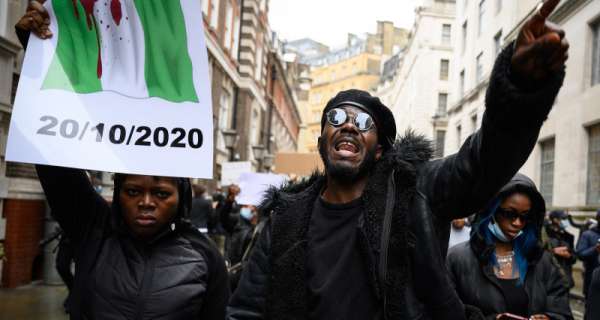
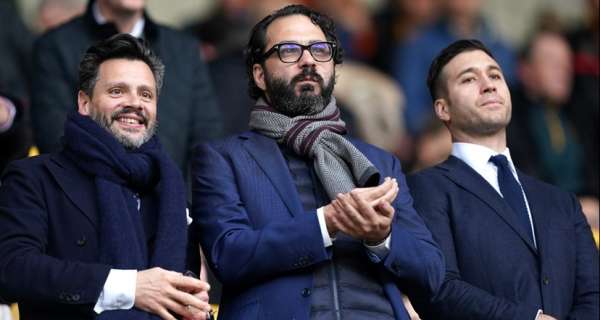



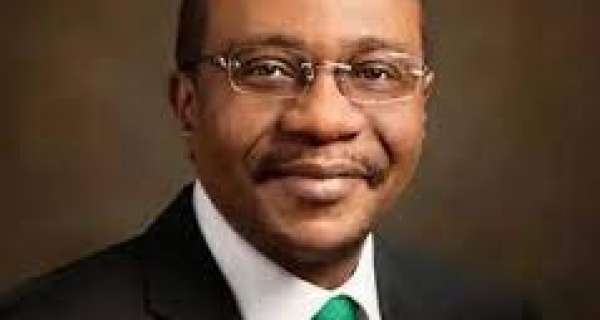

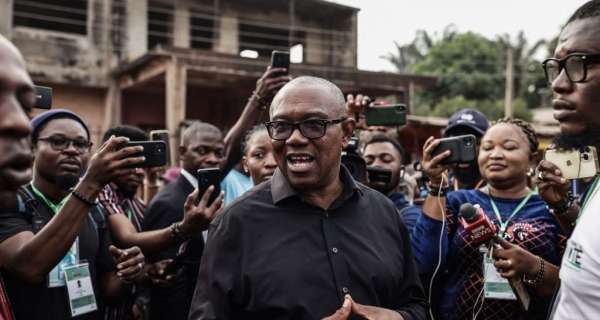
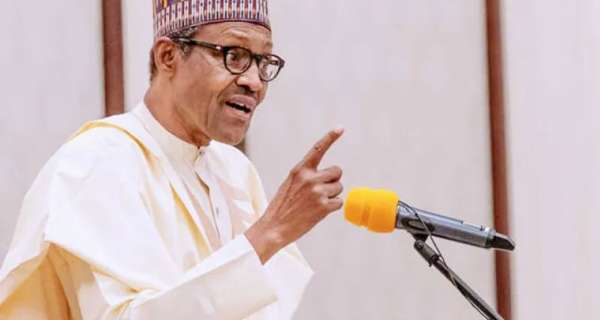
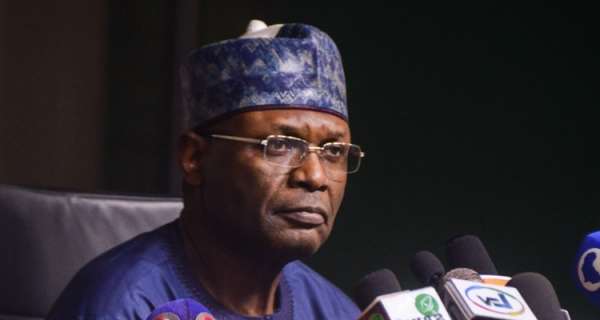
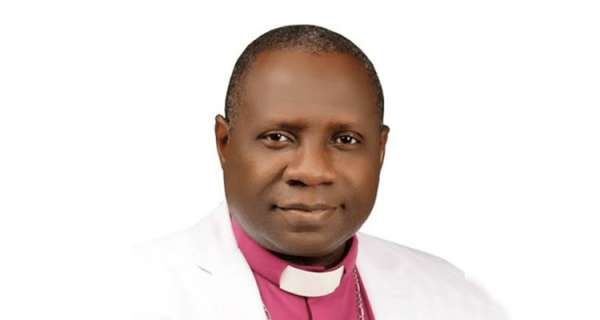

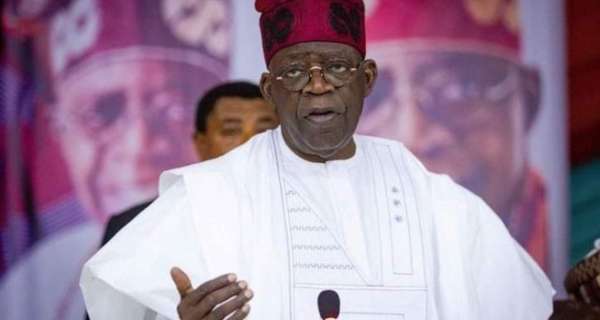
0 Comments